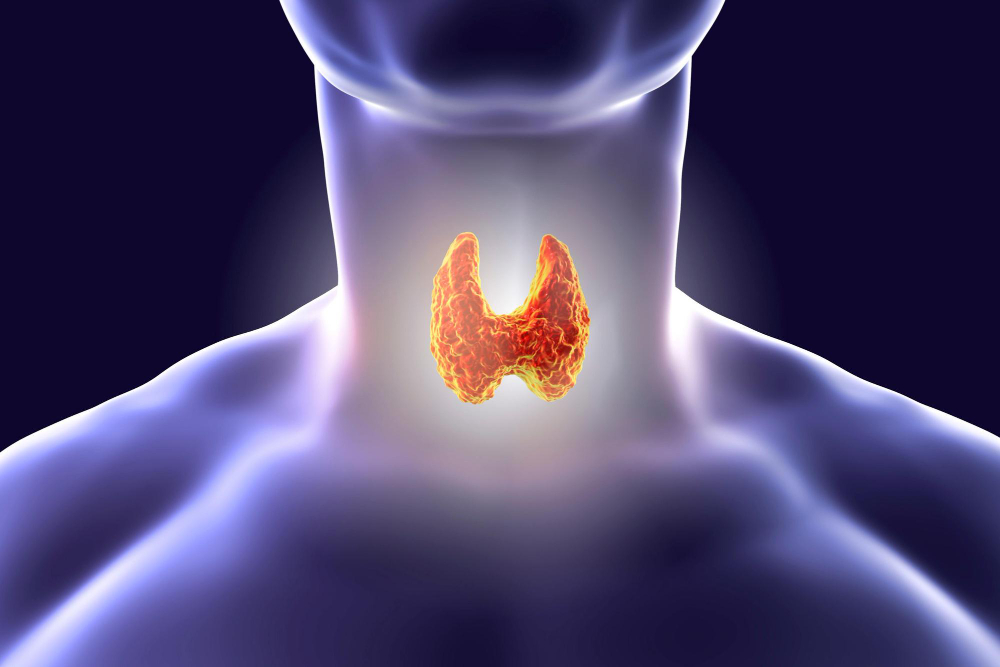Parathyroid Disorders

Parathyroid disorders involve abnormalities in the function or structure of the parathyroid glands, which regulate calcium and phosphorus levels in the body. Dr. Vennala Devarakonda specializes in the diagnosis and treatment of parathyroid disorders, ensuring comprehensive care for patients experiencing issues related to these critical glands.
Role of Parathyroid Glands
- Calcium Regulation: Controlling calcium levels in the bloodstream, crucial for nerve function, muscle contraction, and bone health.
- Parathyroid Hormone (PTH): Secretion of PTH to maintain calcium balance by influencing calcium absorption in the intestines, calcium release from bones, and calcium reabsorption in the kidneys.
Common Parathyroid Disorders
Primary Hyperparathyroidism
- Causes: Typically due to benign tumors (adenomas) in one or more parathyroid glands, leading to excessive PTH production.
- Symptoms: Fatigue, bone pain, kidney stones, and increased calcium levels in the blood (hypercalcemia).
- Treatment: Surgical removal of the adenoma (parathyroidectomy) to normalize calcium levels and alleviate symptoms.
Secondary Hyperparathyroidism
- Causes: Usually secondary to chronic kidney disease or vitamin D deficiency, resulting in elevated PTH levels to compensate for low calcium levels.
- Treatment: Managing underlying causes, vitamin D supplementation, and sometimes medications to control PTH levels.
Hypoparathyroidism
- Causes: Often occurs after surgical removal of the parathyroid glands (e.g., during thyroidectomy), leading to insufficient PTH production.
- Symptoms: Muscle cramps, tingling sensations (paresthesias), and low calcium levels in the blood (hypocalcemia).
- Treatment: Calcium and vitamin D supplementation to maintain adequate calcium levels and prevent complications.
Diagnostic Evaluation
- Laboratory Tests: Measuring calcium, phosphorus, and PTH levels in the blood to assess parathyroid function.
- Imaging Studies: Utilizing ultrasound, CT scan, or nuclear medicine scans (such as sestamibi scan) to locate adenomas or evaluate parathyroid gland structure.
Treatment Approach
- Surgical Intervention: Performing minimally invasive parathyroidectomy or traditional surgery to remove adenomas or hyperactive glands.
- Medical Management: Monitoring calcium and PTH levels post-surgery and adjusting medications as needed to maintain hormonal balance.
- Long-Term Monitoring: Regular follow-up visits to monitor calcium levels, PTH levels, and overall health status to prevent recurrence or complications.
Multidisciplinary Care
- Collaboration: Working closely with endocrinologists, nephrologists, and surgeons to provide comprehensive care and optimize treatment outcomes.
- Patient Education: Educating patients on the importance of calcium balance, medication adherence, and lifestyle modifications to support overall health.
Dr. Vennala Devarakonda’s specialized expertise in parathyroid disorders ensures patients receive accurate diagnosis, personalized treatment plans, and compassionate care to manage and improve their parathyroid health effectively.
